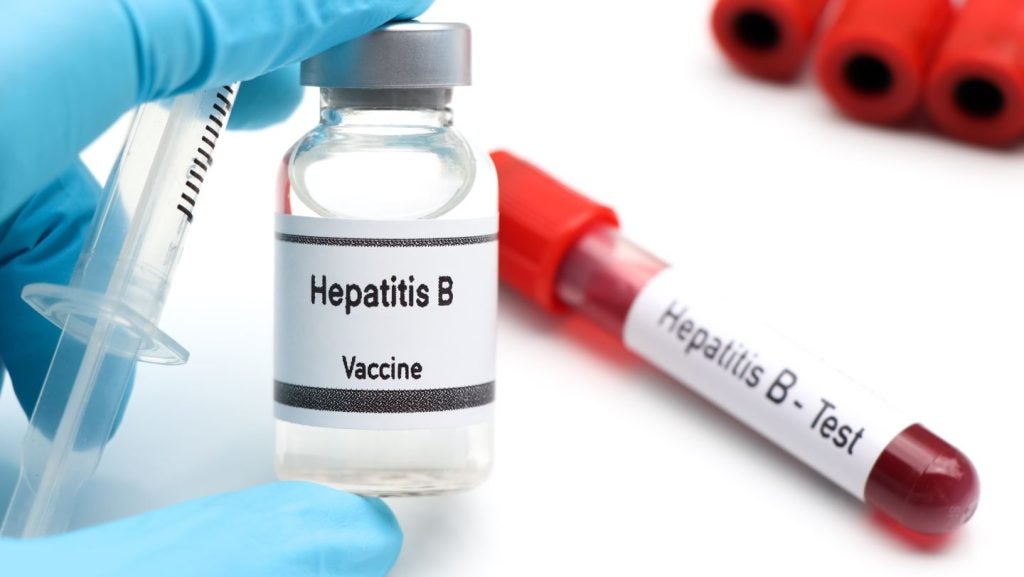When looking at patient reported outcomes (PROs), it’s important to distinguish between certain terminologies. Firstly, there’s a common misconception that patient reported outcomes equals quality of life. While that is true to an extent, PROs is an all-encompassing term. PROs are considered anything the patient might report, and although that could mean health-related quality of life, it could also be information about the patient’s symptoms, or about their satisfaction (e.g. the burden of taking a pill).
Quality of Life (QoL) and health related quality of life (HRQoL) could be considered facets of PROs. As far as clinical trials are concerned, investigators take HRQoL more into consideration. Essentially, experts try to gauge how a patient’s health condition affects their overall well-being. QoL, however, is a more general term that accounts for both health and various internal/external factors, making it largely challenging to measure accurately.
- Patient Reported Outcomes (PRO) – Any structured observation from the patient about their health and well being, including health related quality of life, symptoms, impact of health on daily activities
- Health Related Quality of Life (HRQoL) – How does health condition impact overall patient wellbeing
- Quality of Life (QoL) – A more broad term than HRQoL, it includes both health and other internal and external factors. Difficult to measure accurately
Source: Stephanie Manson
By thinking solely of quality of life, often regulators want to know more about the drug, namely, whether or not the treatment has improved the patient’s symptoms. It’s crucial therefore to gauge their progress during the treatment, assessing whether the symptoms are in fact easing. The definitions above, therefore, help paint a clearer picture of how PROs can improve processes within clinical trials.
While PROs measure the safety and efficacy of the drug, they also assess whether the therapy improves the health of the patient (e.g. has the treatment extended the patient’s life?). However, if the patient’s condition isn’t life-threatening, the key question to ask is whether the drug has alleviated their symptoms. Furthermore, while the disease can be controlled, it’s important to be wary of the drug’s potential side effects.
See Also:
This illustrates the importance of having patients complete questionnaires to understand how well the drug is working. While they may be obligatory, it’s easy to view conducting questionnaires as a chore, but it’s vital not to lose sight of the ultimate purpose. Simply asking questions, such as whether the drug helped alleviate symptoms (or why they might prefer one drug over another, or even which side effects affected them the most) could go a long way in selling the product once it goes to market. In receiving positive responses, the sponsor can demonstrate to future patients how well the drug works in comparison to similar medications.
How well do you really know your competitors?
Access the most comprehensive Company Profiles on the market, powered by GlobalData. Save hours of research. Gain competitive edge.

Thank you!
Your download email will arrive shortly
Not ready to buy yet? Download a free sample
We are confident about the unique quality of our Company Profiles. However, we want you to make the most beneficial decision for your business, so we offer a free sample that you can download by submitting the below form
By GlobalDataWhen it comes to implementing PROs into the protocol, stakeholders must remember that it needs to be done practically. Ultimately, the patient is the one ideally placed to provide valuable insight into their treatment. Never undervalue the patient’s voice in a clinical trial.
References
Stephanie Manson, PhD, Patient Reported Outcomes – Doing More with Less (Outsourcing in Clinical Trials Europe 2016)







